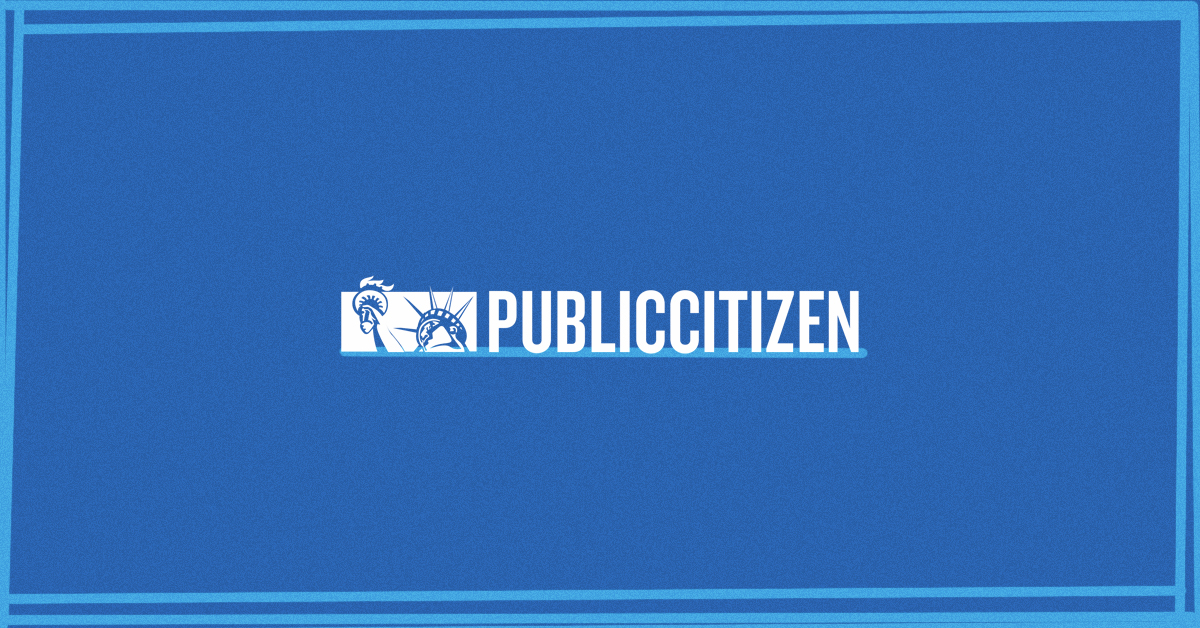John Rawls
Full Member
- Joined
- Feb 18, 2023
- Messages
- 18
- Reaction score
- 36
Hi All,
As EPs, we see incredibly diverse pathology, yet our scope of practice is hopelessly narrow, with few actionable goals outside of the occasional airway, central line, sedation, cardioversion, or (knock on wood) the ultra rare emergency cesarean or surgical airway. In most cases, our sickest patients must be passed along to our colleagues in other fields who have more expertise, and yet these colleagues often take advantage of this power imbalance to treat patients callously, cross the boundaries of professional communication, and ignore the basic calling of physicians to provide care to those who need it.
However, fear not, for there is a silver lining. We, as EPs, have unique expertise in one area of medicine that no other specialty can lay claim to - UNDERSTANDING THE EMERGENCY MEDICAL TREATMENT AND ACTIVE LABOR ACT, AND ENFORCING THE LEGAL RIGHT OF ALL PATIENTS TO BE TREATED FAIRLY, REGARDLESS OF THEIR MEANS.
Myth 1: EMTALA requires patients to be stable for transfer
Truth: EMTALA doesn’t deal with stable transfers. All transfers under EMTALA are by nature unstable, which is why we document that the benefits of transfer outweigh the risks - This is why we fill out the memorandum of transfer (MOT) that the nurse brings you to sign, which some don’t read, and which can be medical fraud if you sign it without truly considering (and documenting) the risk vs benefit of transfer.
Myth 2: Only transferring hospitals, not receiving ones, can get in trouble for patient dumping
Truth: There is an entire section G (titled “Nondiscrimination”) that says receiving hospitals with capacity and capability cannot refuse a transfer. Refusal AKA “reverse dumping” has definitely lead to EMTALA violations. See seminal case St. Anthony Hospital v. U.S. Dept of Health.
Myth 3: “I will accept the transfer, but only after you do x-y-z”
Truth: See above. Conditional transfer acceptances are illegal. Asking for unnecessary tests/consults/treatments is the same as asking for the patient to have the right insurance before accepting a transfer. You cannot examine a patient over the phone. You are not the current treating physician. You cannot determine what the patient needs to have done prior to transfer. You are in violation of section G. Straight to jail (figuratively speaking).
Myth 4: “I am on call but I will not admit/consult on this patient because I’m pissed off/I don’t believe they’re sick/I’m sleeping/They were treated at another hospital”
Truth: If on-call does not respond, patient needs to be transferred. EMTALA requires you to put the offending physician’s name and address on the MOT.
Myth 5: If I report EMTALA violation on a lazy consultant or hospitalist, I will get in trouble with my hospital and CMS
Truth: First of all, the law specifically prevents hospitals from targeting whistle-blowers. Secondly, the law also specifically protects the EP from penalties if EMTALA is violated because the on-call fails to appear. You’re safe.
Now that we’ve had a refresher about the law, what can we do in the future?
ACTION 1 (applicable in all cases): NOTIFY YOUR REGIONAL CMS OFFICE OF THE VIOLATION. ANONYMOUS REPORTS ARE ACCEPTED.

ACTION 2 (in cases of refusing consults/admissions): INITIATE A TRANSFER DUE TO FAILURE OF ON-CALL PHYSICIAN TO APPEAR. EMTALA REQUIRES YOU TO PROVIDE THE OFFENDING PHYSICIAN’S NAME AND ADDRESS ON THE MOT.
The consequences of violating EMTALA range from 25k-103k in monetary penalties, to withdrawal of medicare participation, and may lead to ancillary civil and criminal actions against individual physicians as well as hospital systems as a result of patient harm. Isn’t it time we follow the law?
Best,
John
As EPs, we see incredibly diverse pathology, yet our scope of practice is hopelessly narrow, with few actionable goals outside of the occasional airway, central line, sedation, cardioversion, or (knock on wood) the ultra rare emergency cesarean or surgical airway. In most cases, our sickest patients must be passed along to our colleagues in other fields who have more expertise, and yet these colleagues often take advantage of this power imbalance to treat patients callously, cross the boundaries of professional communication, and ignore the basic calling of physicians to provide care to those who need it.
However, fear not, for there is a silver lining. We, as EPs, have unique expertise in one area of medicine that no other specialty can lay claim to - UNDERSTANDING THE EMERGENCY MEDICAL TREATMENT AND ACTIVE LABOR ACT, AND ENFORCING THE LEGAL RIGHT OF ALL PATIENTS TO BE TREATED FAIRLY, REGARDLESS OF THEIR MEANS.
Myth 1: EMTALA requires patients to be stable for transfer
Truth: EMTALA doesn’t deal with stable transfers. All transfers under EMTALA are by nature unstable, which is why we document that the benefits of transfer outweigh the risks - This is why we fill out the memorandum of transfer (MOT) that the nurse brings you to sign, which some don’t read, and which can be medical fraud if you sign it without truly considering (and documenting) the risk vs benefit of transfer.
Myth 2: Only transferring hospitals, not receiving ones, can get in trouble for patient dumping
Truth: There is an entire section G (titled “Nondiscrimination”) that says receiving hospitals with capacity and capability cannot refuse a transfer. Refusal AKA “reverse dumping” has definitely lead to EMTALA violations. See seminal case St. Anthony Hospital v. U.S. Dept of Health.
Myth 3: “I will accept the transfer, but only after you do x-y-z”
Truth: See above. Conditional transfer acceptances are illegal. Asking for unnecessary tests/consults/treatments is the same as asking for the patient to have the right insurance before accepting a transfer. You cannot examine a patient over the phone. You are not the current treating physician. You cannot determine what the patient needs to have done prior to transfer. You are in violation of section G. Straight to jail (figuratively speaking).
Myth 4: “I am on call but I will not admit/consult on this patient because I’m pissed off/I don’t believe they’re sick/I’m sleeping/They were treated at another hospital”
Truth: If on-call does not respond, patient needs to be transferred. EMTALA requires you to put the offending physician’s name and address on the MOT.
Myth 5: If I report EMTALA violation on a lazy consultant or hospitalist, I will get in trouble with my hospital and CMS
Truth: First of all, the law specifically prevents hospitals from targeting whistle-blowers. Secondly, the law also specifically protects the EP from penalties if EMTALA is violated because the on-call fails to appear. You’re safe.
Now that we’ve had a refresher about the law, what can we do in the future?
ACTION 1 (applicable in all cases): NOTIFY YOUR REGIONAL CMS OFFICE OF THE VIOLATION. ANONYMOUS REPORTS ARE ACCEPTED.

Where to Report EMTALA Vioaltions - Public Citizen
Private individuals and medical facilities should report violations of the EMTALA to their regional offices of the Centers for Medicare & Medicaid Services (formerly the Health Care Financing Administration). These are: Region 1 (serves Connecticut, Maine, Massachusetts, New Hampshire, Rhode...
www.citizen.org
ACTION 2 (in cases of refusing consults/admissions): INITIATE A TRANSFER DUE TO FAILURE OF ON-CALL PHYSICIAN TO APPEAR. EMTALA REQUIRES YOU TO PROVIDE THE OFFENDING PHYSICIAN’S NAME AND ADDRESS ON THE MOT.
The consequences of violating EMTALA range from 25k-103k in monetary penalties, to withdrawal of medicare participation, and may lead to ancillary civil and criminal actions against individual physicians as well as hospital systems as a result of patient harm. Isn’t it time we follow the law?
Best,
John

